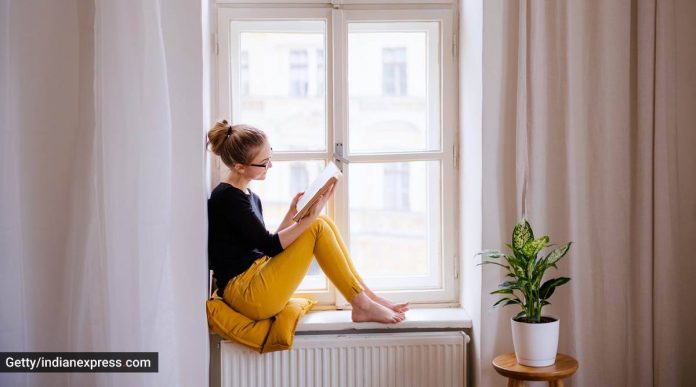Most people believe that because socialising helps relieve stress, it should be done from time-to-time. While there is no harm in that, it is also a good idea to know how to spend time with yourself and absolutely enjoy your own company.
Dr Ruhi Satija, consultant psychiatrist and psychotherapist says ‘alone time’ plays a pivotal role in mental health. “Being around other people comes with rewards, but it also creates stress. You worry about what people think, you alter your behaviour to avoid rejection and to fit in with the rest of the group,” she says.
According to the doctor, there is a difference between ‘loneliness’ and ‘being alone’. Loneliness, she says, is associated with negativity and feeling of being left out. “Whereas being alone helps you become more comfortable in your own skin. When you’re by yourself, you can make choices without outside influences. And that will help you develop more insight into who you are as a person.”
How does it help a person mentally?
Dr Satija explains some key benefits:
1. Personal exploration: Spending time with yourself and being comfortable leads to understanding your choices, likes and dislikes. You will become closer to knowing why you behave a certain way.
2. Creativity: Creativity is a great tool to maintain mental health. Spending time on a hobby and using your mind to create something is a great way to feel good; this requires solitude and time, which is difficult to find if you are surrounded by people all the time.
3. Social energy: Sometimes you don’t want to live in someone else’s mess. When you live alone, go out to eat alone, or spend time with yourself, you’re in control of everything you do. There won’t be anyone judging you, telling you what to do, or getting on your nerves. Less negativity leads to more positivity, which enhances mood and general disposition.
4. Productivity: Your productivity increases multifold when you are not worried about what others are doing, or how they are judging you.
5. Sense of empowerment: Let your newfound independence empower you. Learn about staying safe when you’re alone to help you relax and embrace your new freedom.
Asocial vs antisocial
The doctor further explains the difference between being asocial and antisocial. “Antisocial behaviour (avoiding social contact) can be bad for mental health, it can be a symptom of anxiety or depression, whereas being unsociable (preferring alone time because you enjoy it) can actually be good.”
* Reduce mindless consumption. Being aware of world events is totally okay, but becoming addicted to the news is a sure-fire way to sink your mood.
* You might consider what you like doing with your free time, your favourite foods, and whether you actually enjoy watching all that Netflix.
* Take time to identify positive relationships with people who lift you and add value to your life. Going forward, you can prioritise these important connections.
* Consider getting a pet. A furry little friend increases your happiness levels to a great extent.














